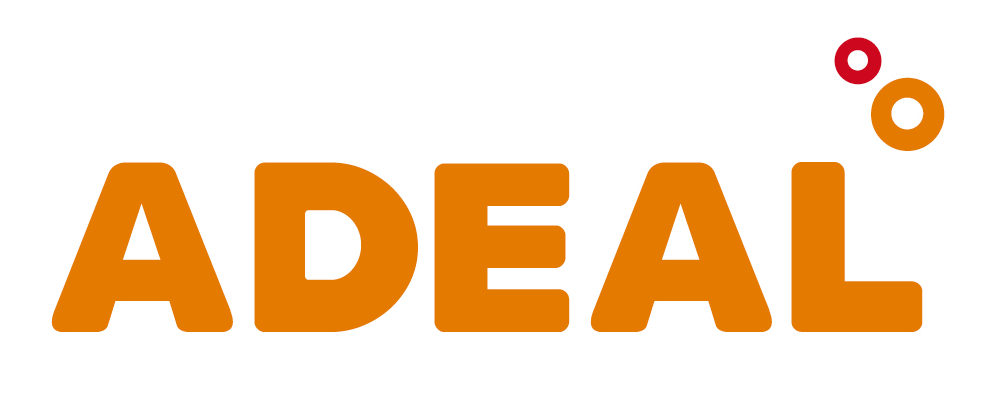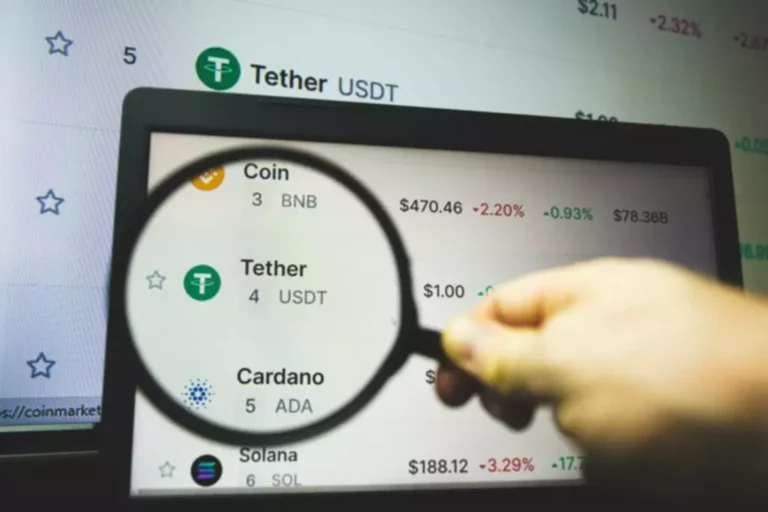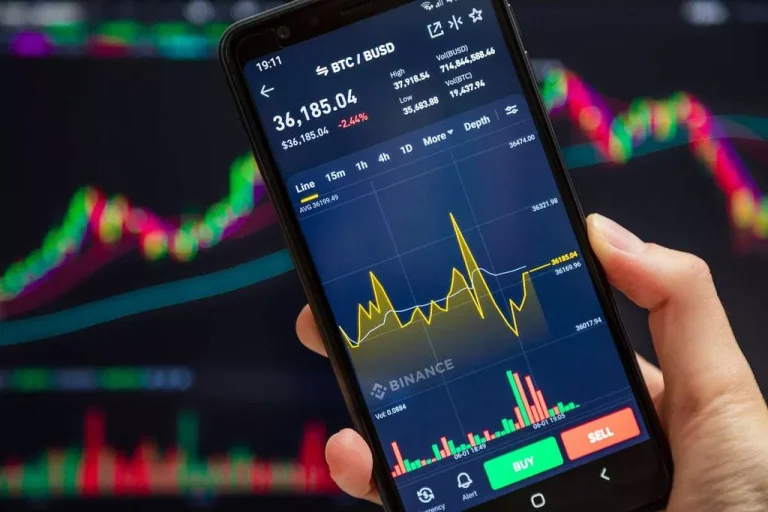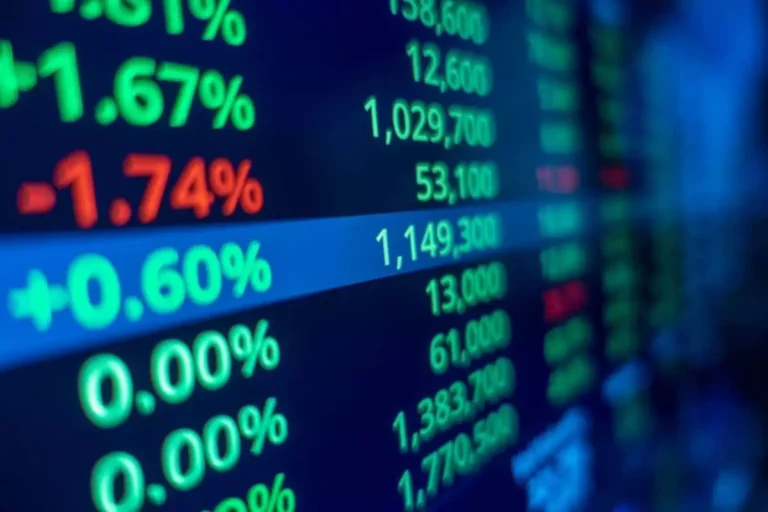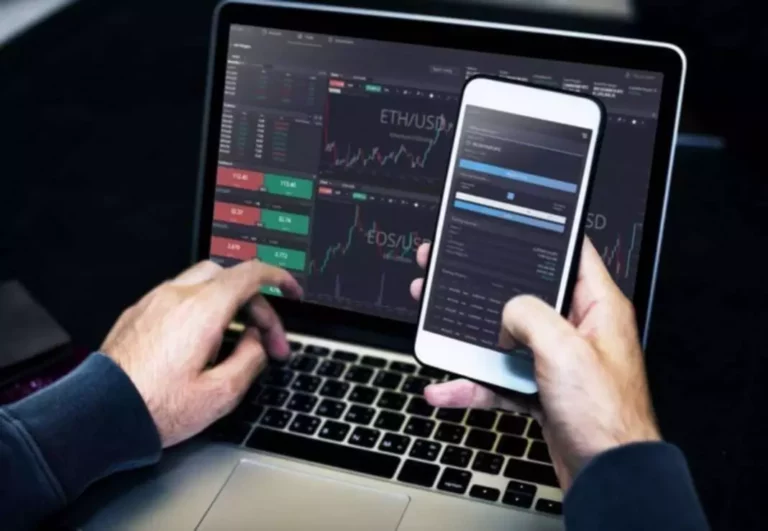With various selections supplied by liquidity bridges, your brokerage can set its personal execution terms and workflow, not being dependent on a single order execution source. Some liquidity bridges also present alerts in the event that they detect value manipulation on monetary markets, letting you eliminate unreliable liquidity channels. The present investment field provides more choices than ever earlier than, providing numerous currency and asset lessons to prospects and allowing investors What is a Liquidity Bridge to create multi-asset portfolios.
Ranking Of The Best Fx Liquidity Bridge Providers
- Regardless of the asset class, liquidity bridges aggregate tradable property from varied sources, delivering the very best value for brokerages and allowing them to course of client requests efficiently.
- Tokens are linked by way of the mapped and mapping contracts and Total provide is maintained.
- MT4 liquidity provider is an excellent example, serving B2B shoppers thoroughly and offering all the required critical support.
- So, make sure that your liquidity bridge strictly follows all the most effective security practices and complies with laws and rules.
We provide a light-weight promo package deal for startups, corporations that solely want to obtain quotes, and people who want to try out and form their opinion about our MT4 or MT5 bridge. Speaking about my professional activities, I can say that I even have all the time been drawn to the examine of foreign languages, which later led me to the study of translation and linguistics. An experienced copywriter with a deep monetary background and a knack for producing accessible, fascinating and valuable content. I demystify the world of fintech and crypto by producing partaking content material on this area.
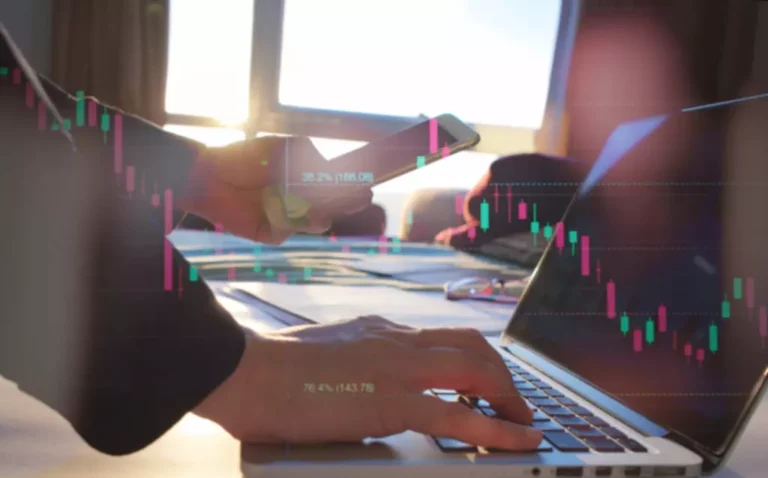
Things To Contemplate When Choosing A Forex Bridge Server
This advanced system analyses real-time market data, intelligently routing orders to the LP, offering essentially the most beneficial phrases. Smart order routing methods additionally work as sturdy risk administration protocols, making certain that your platform doesn’t expertise any market publicity dangers and that each one your shopper orders are glad without any complications. The MT4 liquidity bridge and MT5 liquidity bridge each make use of sensible order routing methods in all of their operations, setting nice examples of SOR integration. In this context, there are two unbiased forms of liquidity bridges, which find their utility in Forex trading firms and different areas. The dealer, in flip, will get an opportunity to supply its clients with higher-quality transactions whereas lowering its dangers. In addition, the liquidity bridge permits the dealer to handle his prices since he determines his personal commissions and margin requirements.
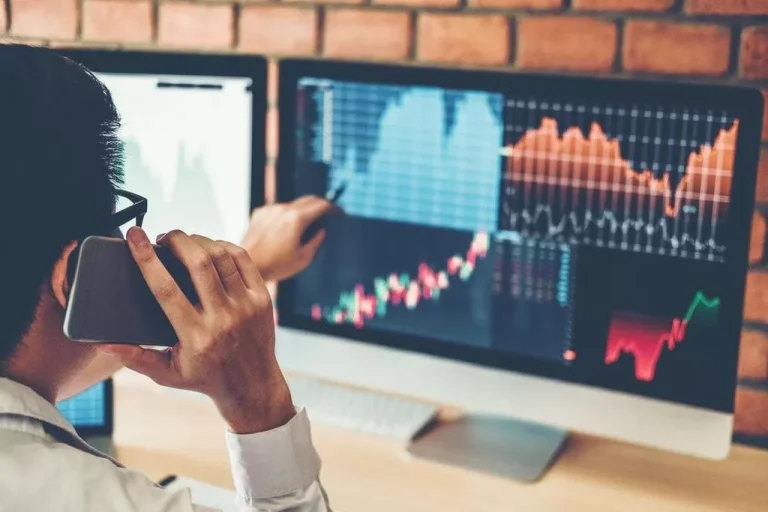
Explore And Use Dapps On Arbitrum
Within a buying and selling platform, a mechanism often identified as a Forex bridge connects merchants with liquidity providers to facilitate transactions successfully. Access to a diverse pool of liquidity suppliers is crucial, guaranteeing competitive spreads and execution for clients across numerous currency pairs and crypto belongings. If your liquidity bridge can’t provide numerous channels, you would possibly face the risks of market manipulation and uneven spread margins. A liquidity bridge serves as a conduit between completely different liquidity pools, permitting seamless motion of assets throughout varied platforms. It acts as a link, connecting fragmented liquidity sources, similar to exchanges, decentralized finance (DeFi) protocols, and institutional trading venues. The major aim of a liquidity bridge is to reinforce liquidity, cut back slippage, and improve execution effectivity.

It allows customers to simply generate detailed reviews and supply details about turnover on particular symbols, accounts, teams, or suppliers. Reports can also show execution rates, slippages, and trading volumes in heaps or currencies. Such data may especially be helpful during hybrid execution or uncertain market circumstances when brokers should promptly resolve to mitigate potential risks. Look for bridges that present access to a diverse range of liquidity suppliers, including Tier 1 banks, non-bank liquidity suppliers, and different market gamers.
To provide you with an correct pricing estimate, we want to learn slightly about your technical requirements and enterprise needs. Milena Moon is the pinnacle of media tasks within the marketing division of the B2Broker Group. Since then, she has sought out and written in regards to the newest crypto trends, from news within the sector to academic articles that help newcomers immerse themselves in the crypto trade within the easiest method attainable. Milena additionally has expertise and education in the TV business, which help different B2Broker tasks thrive.
Trading in financial markets is a golden age for companies, providing ample alternatives for capital progress in cryptocurrency, Forex, or other kinds of buying and selling. A refined trading platform infrastructure integrates multiple software and system suites to supply an optimal environment for creating, inserting, and executing orders. A liquidity provider is a financial institution that acts as an intermediary between the market and market participants, like brokers.
Arbitrum is among the leading L2 options out there for tackling congestion and excessive fees on Ethereum. The solution permits brokers to optimize their execution model by integrating a hybrid method. The Liquidity Bridge allows the creation of multiple teams of traders to execute high-performing traders on the LP whereas processing the other teams in-house. Aggregate liquidity from a number of providers, mitigate dangers, and configure trade execution, together with A/B guide and hybrid models. With entry to real-time markets and the option for instant execution while not having a dealer, traders discover the STP system extremely enticing. Eliminating intermediaries within the buying and selling process enhances transparency and effectiveness, making it a most well-liked selection for these seeking environment friendly and direct entry to the interbank market.

The World Bank estimates Nigeria’s SCF at about N2.7 trillion, suggesting a huge gap available within the market. Chairman of the Fiducia, Bunmi Lawson, who delivered the keynote at the event, mentioned regardless of the advancement in the monetary system, the small and medium-scale enterprises (SMEs) who play in the SCF are largely unfunded. Transactions on Arbitrum are submitted to the L1 in giant, single batches, typically containing tons of of L2 transactions. This permits Ethereum to supercharge its transaction volume by approving many transactions directly whereas effectively solely doing the amount of work required to validate and document a single transaction. A research by Brokeree suggests that global interest in social trading services has been steadily growing over the previous 4 years. We needed to create sub-liquidities (different margin accounts derived from a single bridge) and we appreciate the Takeprofit staff received the entire idea.
Governance is facilitated by the ARB token, which permits holders to participate in network decisions, although it doesn’t function a transactional utility token. Additionally, the Liquidity Bridge provides superior order routing capabilities, enabling brokers to define guidelines for order execution based on various elements like consumer sort, account balance, and symbol. These guidelines ensure that each commerce is executed optimally, minimizing slippage and maximizing efficiency. Brokeree Solutions, a turnkey options developer for multi-asset brokers, has introduced its Liquidity Bridge’s integration with DXtrade’s CFD trading platform. DXtrade is Devexperts’ flagship buying and selling platform for FX, CFD, and cryptocurrency brokers. Liquidity Bridge permits brokers to configure markup on the level of the liquidity administration resolution, sending to the trading platform already adjusted quotes.
In this article, we are going to discover the significance of liquidity providers, why brokers want their providers, and the way they’ll efficiently connect liquidity from a quantity of suppliers. An ECN liquidity bridge is a technology resolution that connects numerous liquidity providers and trading platforms inside an ECN, Electronic Communication Network, surroundings. It facilitates the seamless flow of orders and liquidity between market members and buying and selling venues. In basic, brokers who supply buying and selling providers across multiple platforms or who need to hook up with exterior liquidity providers are the ones who’re more than likely to require a liquidity bridge. However, the precise want for a liquidity bridge will depend on the broker’s particular person circumstances and the necessities of their trading platform and liquidity suppliers.
Integration with various tools, APIs and methods ensures your platform can grow without roadblocks or technical delays, permitting you to scale limitlessly. Chainswap is launching its liquidity bridge that will function a cross-chain solution for mainstream tokens. Optimism (OP), like Arbitrum, makes use of optimistic rollups to course of transactions off-chain before batching and settling them on Ethereum.
Read more about https://www.xcritical.in/ here.
